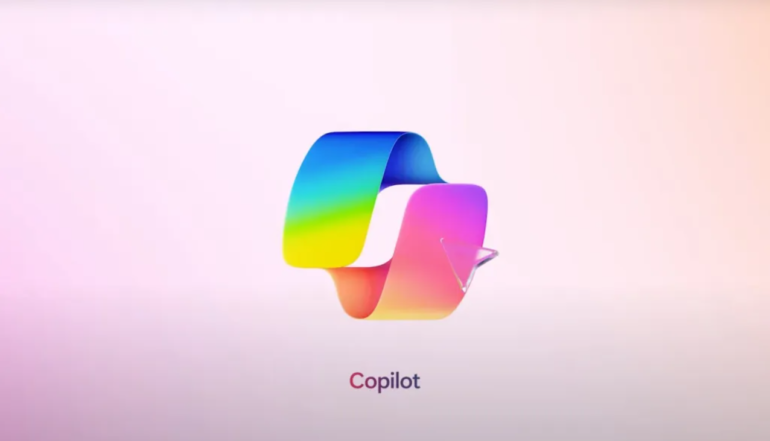TL;DR:
- Microsoft Copilot, in collaboration with gen AI music app Suno, can now compose songs based on user prompts.
- Suno’s integration allows Copilot to generate complete songs from a single sentence, including lyrics, instrumentals, and singing voices.
- Users can access the Suno integration through Copilot’s interface, making music creation more accessible.
- Tech giants and startups are increasingly investing in gen AI-driven music creation technology.
- Ethical and legal concerns surround AI-synthesized music, particularly regarding artists’ consent and compensation.
- Suno takes a unique approach by not disclosing AI training data sources and allowing user-specified prompts.
- Clarity on the legal status of gen AI music remains uncertain, with some artists seeking recourse through legislative action.
Main AI News:
In a remarkable fusion of technology and creativity, Microsoft Copilot, the AI-driven chatbot by Microsoft, has unveiled its newfound musical prowess through a strategic partnership with the gen AI music application, Suno. This groundbreaking integration empowers users to transform their imaginative prompts into captivating musical compositions.
Through the Copilot interface, users can simply input directives like “Create a pop song about adventures with your family,” and with the aid of Suno’s plugin, these musical concepts come to life in astonishing detail. From a mere sentence, Suno can craft full-fledged songs, complete with lyrics, instrumental arrangements, and even synthesized singing voices.
To access this innovative Suno integration, Copilot users only need to launch Microsoft Edge, navigate to Copilot.Microsoft.com, log in using their Microsoft account credentials, and enable the Suno plugin. Alternatively, a single click on the Suno logo labeled “Make music with Suno” opens the door to this exhilarating musical adventure.
In a recent statement, Microsoft expressed its belief that this partnership would usher in new realms of creativity and enjoyment, democratizing music creation for a wider audience. The rollout of this immersive experience is set to commence today and will gradually expand its availability in the upcoming weeks.
The realm of AI-driven music creation is currently witnessing substantial investments from tech titans and emerging startups alike. Notably, in November, Google AI lab DeepMind and YouTube joined forces to introduce Lyria, a gen AI model designed for music production, along with Dream Track, a limited-access tool for crafting AI-generated tunes within YouTube Shorts. Meta has also dabbled in the experimentation of AI music generation. Meanwhile, Stability AI and Riffusion have introduced platforms and applications for generating songs and audio effects based on user prompts.
However, amidst the excitement and innovation, significant ethical and legal challenges loom over AI-synthesized music. AI algorithms draw inspiration from existing music to replicate similar effects, a practice that not all artists and gen AI users find comfortable. Concerns arise, particularly when artists have not consented to AI algorithms training on their music without compensation. Such ethical dilemmas have led to resignations, such as Stability AI’s gen AI audio lead stepping down, citing concerns about creators being exploited.
Furthermore, the Grammys have imposed restrictions, excluding fully AI-generated songs from consideration for awards. Many gen AI companies contend that fair use principles exempt them from compensating artists for the use of their copyrighted works in AI-generated music. These matters remain largely uncharted legal territory, awaiting resolution.
In contrast, Suno maintains a different approach. The company does not disclose the sources of its AI training data on its website and does not prohibit users from specifying prompts like “in the style of [artist],” a practice restricted by some other gen AI music tools.
As legal discussions around the status of gen AI music unfold, viral homemade tracks, generated with AI to replicate familiar sounds, have gained traction. Music labels have swiftly identified these tracks and raised intellectual property concerns, leading to successful takedowns. Nevertheless, gen AI tool creators have found refuge in alternative platforms, operating underground.
Potential clarity on the legal status of gen AI music may emerge, either through court decisions or legislative action. A recently introduced Senate bill offers hope to artists, including musicians, by providing a means of recourse when their digital likenesses, including their distinctive musical styles, are used without consent.
Conclusion:
Microsoft Copilot’s alliance with Suno signifies a significant leap in AI-driven music creation, broadening the horizons of creative possibilities. However, the unresolved ethical and legal challenges surrounding AI-generated music call for careful consideration. With competitors like Google and Meta entering the domain, the market for AI-driven music creation is poised for intense rivalry. The proposed Senate bill may provide a framework for protecting artists’ rights in this evolving landscape.

